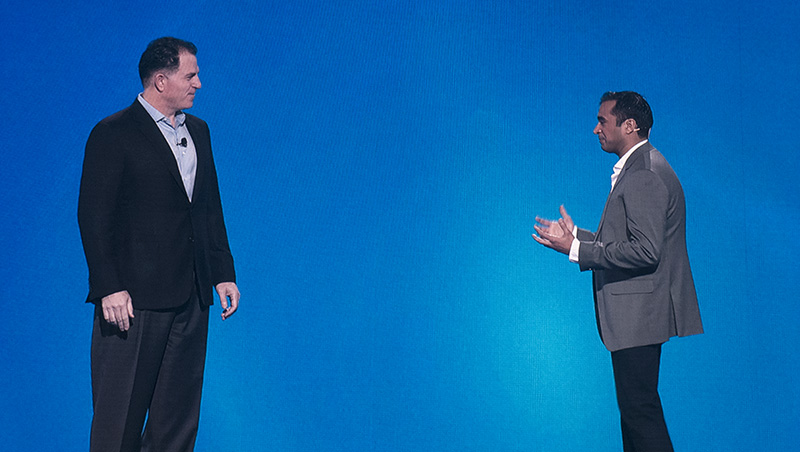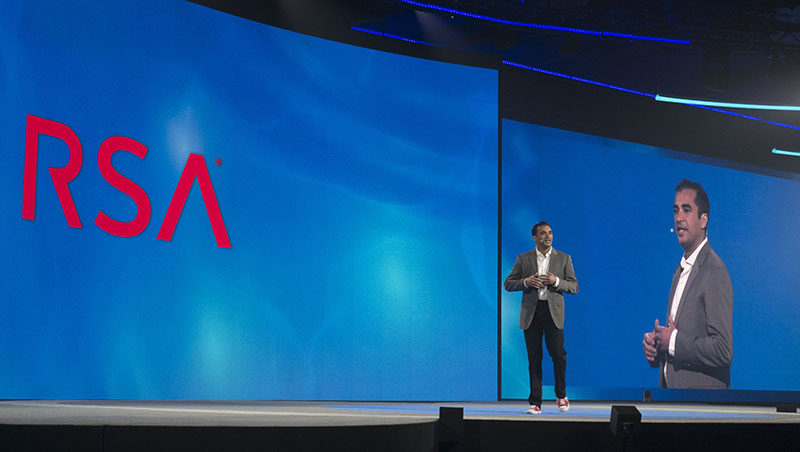Data breach cost hits £1.9 million
The average cost for a data breach in the UK rises to £1.9 million in 2010, up 13 per cent from 2009.


The cost of the average data breach in the UK jumped in 2010 as businesses were hit hard by cyber criminals, according to a report.
The average data breach cost UK organisations 1.9 million in 2010, up 13 per cent from 2009 and 18 per cent from 2008, the Symantec and Ponemon Institute data showed.
Malicious or criminal attacks were behind 29 per cent of all data breaches, rising from 22 per cent in 2009.
In 2010, the most expensive incident cost the affected firm 6.2 million, compared to the 3.9 million expense hitting the most unfortunate business in the previous year.
Robert Mol, director of product marketing in the EMEA region for Symantec, said he thought the increased cost of data breaches was largely down to the highly sophisticated attacks used by cyber criminals.
"The fact that organised crime is now adopting a very sophisticated methodology to penetrate systems and look for confidential information that they can sell for an economic benefit is really influencing the cost of the breach," Mol told IT PRO.
"It means businesses will have to start implementing several layers of protection rather than looking at the perimeter of the company."
Get the ITPro daily newsletter
Sign up today and you will receive a free copy of our Future Focus 2025 report - the leading guidance on AI, cybersecurity and other IT challenges as per 700+ senior executives
As for how Symantec determined the cost of an average breach, a variety of factors were taken into consideration, including loss of business, the recovery process and expense outlays for detection technologies.
The findings were based on actual data breach experiences of 38 UK companies from 13 different industries.
System failure and mobile threats
The report also showed system failure overtook the insider as the most common threat. The latter has often been seen as the biggest danger to the corporate network.
Almost two fifths of all breaches involved a system failure in 2010, including flaws and faults in applications, representing a seven per cent increase.
Meanwhile, firms were increasingly concerned about the mobile threat, as smartphones and tablets, like the iPad, became more prevalent inside businesses.
Nearly two thirds said they recognised the risk of insecure mobile devices connecting to company networks - up 13 per cent.
This was despite the fact that mobile threats were significantly smaller in number than attacks facing PCs.
"It's important because the likelihood of those insecure mobile devices accessing company data is about 84 per cent," Mol added.
"There is a definite need to pay attention to it because the adoption rates of mobile are really outpacing the PC world."
The report comes just days after security firm RSA was hit by a breach as SecurID data went missing.
Concerns were raised the security arm of EMC could face a costly and lengthy recovery process, especially if a significant number of SecurID tokens needed to be replaced.
Tom Brewster is currently an associate editor at Forbes and an award-winning journalist who covers cyber security, surveillance, and privacy. Starting his career at ITPro as a staff writer and working up to a senior staff writer role, Tom has been covering the tech industry for more than ten years and is considered one of the leading journalists in his specialism.
He is a proud alum of the University of Sheffield where he secured an undergraduate degree in English Literature before undertaking a certification from General Assembly in web development.
-
 The Race Is On for Higher Ed to Adapt: Equity in Hyflex Learning
The Race Is On for Higher Ed to Adapt: Equity in Hyflex LearningBy ITPro
-
 Google faces 'first of its kind' class action for search ads overcharging in UK
Google faces 'first of its kind' class action for search ads overcharging in UKNews Google faces a "first of its kind" £5 billion lawsuit in the UK over accusations it has a monopoly in digital advertising that allows it to overcharge customers.
By Nicole Kobie
-
 Dell sells RSA security business to private equity firm
Dell sells RSA security business to private equity firmNews Cash deal worth £1.6bn expected to close within the next 9 months
By Jane McCallion
-
 View from the Airport: RSA Conference 2017
View from the Airport: RSA Conference 2017Opinion Brace yourselves for the cyberpocalypse... or not
By Jane McCallion
-
 Why complex security plans mar business-IT relationship
Why complex security plans mar business-IT relationshipNews Michael Dell talks security at first post-acquisition RSA Conference
By Jane McCallion
-
 C-suite and IT must collaborate for safer businesses
C-suite and IT must collaborate for safer businessesNews "Business-driven security" is the name of the game at RSA Conference 2017
By Jane McCallion
-
 What to expect from RSA Conference 2017
What to expect from RSA Conference 2017Opinion This year's security landscape means there's more to discuss than ever
By Jane McCallion
-
 RSA 2016: Weakened encryption compromises national security
RSA 2016: Weakened encryption compromises national securityNews Terrorists will move to other platforms, while criminals will exploit the flaws, claim speakers
By Jane McCallion
-
 Dell and Symantec reports paint worrying cyber security picture for the year ahead
Dell and Symantec reports paint worrying cyber security picture for the year aheadNews Cyber security fears abound if the latest research is anything to go by...
By Caroline Preece
-
 ChewBacca malware steals data from retailers in 11 countries
ChewBacca malware steals data from retailers in 11 countriesNews RSA researchers uncover global malware operation that relies on ChewBacca keystroke logger.
By Caroline Donnelly